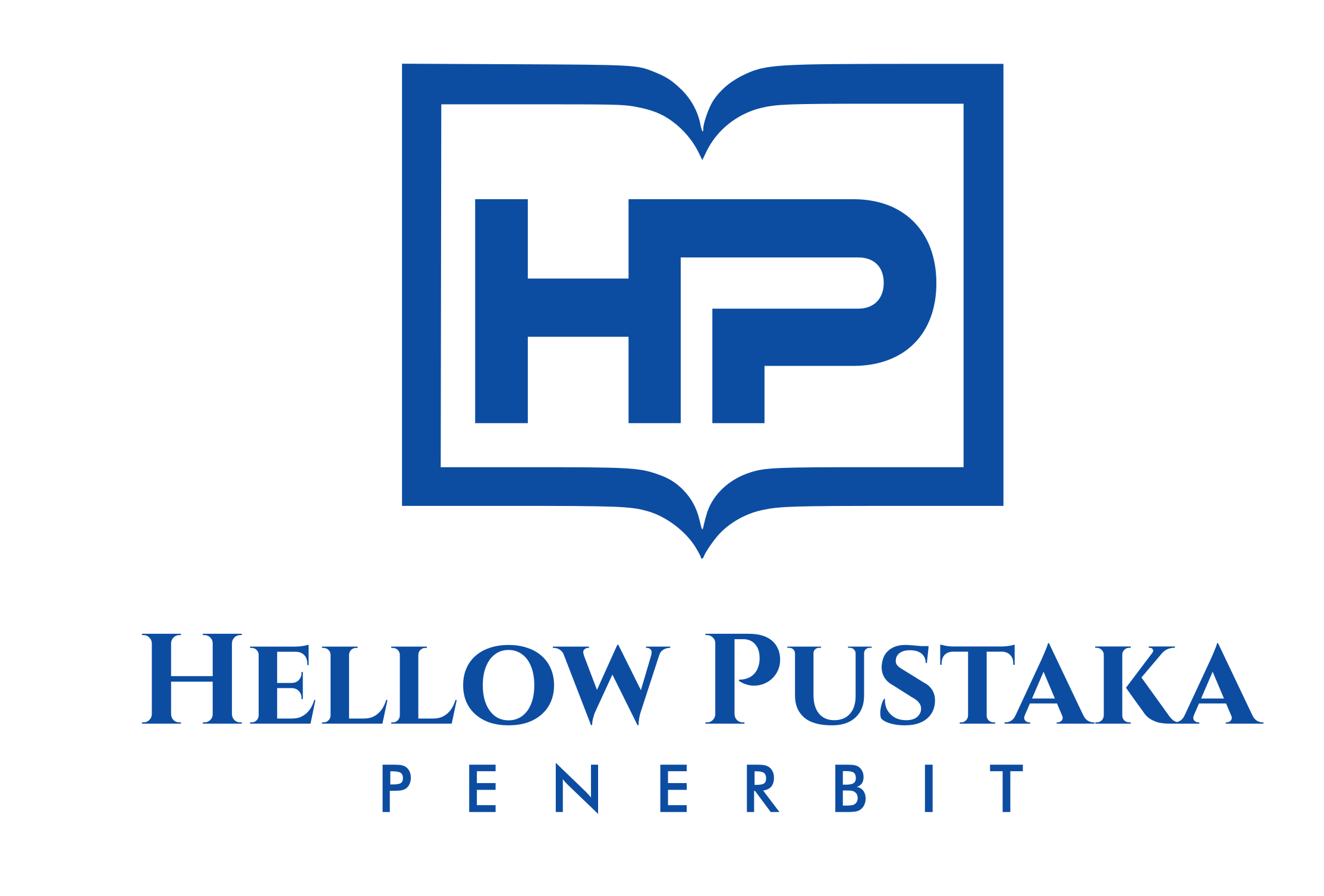Islamic Ruling of Consuming Meat-Birds that Go through the Contemporary Scalding and Evisceration Process
DOI:
https://doi.org/10.61166/arfa.v2i2.75Keywords:
Fiqh, Islamic Ruling, Meat-BirdsAbstract
Islam requires the consumption of meat that has been sourced from an animal that has been slaughtered, processed, and delivered according to the Islamic requirements. The lawful status of meat is not tied to the slaughtering only. The processes of plucking feathers, removing entrails, etc., all have to be taken into consideration before the meat can be deemed lawful (halāl) and wholesome (tayyab). The nominal process in Islam to avoid impurity and contamination of the meat is to remove the entrails before immersing the chicken in hot water to soften the feathers for plucking. However, the current industrial practice switches this process. The mechanical plants are designed to immerse the chicken in hot water and pluck the feathers before gutting the chicken. This has given rise to inquiries and doubts to the Muslim consumers whether the meat of such birds are lawful or not. In order to provide an Islamic response to this issue, this paper is looking into, first the scientific and industrial perspective of the scalding and evisceration processes. Second, the paper is evaluating the scientific-industrial practice in the light of Islamic jurisprudence (Fiqh).
Downloads
References
Caballero, B., Finglas, P., & Toldrá, F. (2015). Encyclopaedia of food and health. Academic Press.
Devine, C., & Jensen, W. K. (2004). Encyclopaedia of meat sciences. Academic Press.
Dikeman, M., & Devine, C. (2014). Encyclopaedia of meat sciences: 3-volume set. London: Academic Press.
Fath ‘Al Qadir. (n.d). Chapter on impurities and their purification. 211/1. India: Maktabah al- Ittihād.
Jafari, S. M. (Ed.). (2022). Postharvest and Postmortem Processing of Raw Food Materials: Unit Operations and Processing Equipment in the Food Industry. Woodhead Publishing.
Jafari, S.M., & Akhavan-Mahdavi, S. (Eds.). (2023). Extraction Processes in the Food Industry: Unit Operations and Processing Equipment in the Food Industry. Woodhead Publishing.
Jamia Uloom al-Islamiyah Binori Town. (n.d.). The ruling regarding immersing a slaughtered chicken (after defeathering) in warm water. Darul Ifta.
https://www.banuri.edu.pk/readquestion/murgh-ke-alaish-waghera-nikalney-se-qabal-garam- pani-me-dalney-ka-hukum-144507100705/20-01-2024
Knowles, M.E., Anelich, L., Boobis, A., & Popping, B. (Eds.). (2022). Present Knowledge in Food Safety: A Risk-Based Approach Through the Food Chain. Academic Press.
Lelieveld, H. L., & Motarjemi, Y. (Eds.). (2013). Food safety management: A practical guide for the food industry. Academic Press.
Muhammad Amin Ibn Abidin al-Shami. (n.d.). “The Book of Purity, Chapter on Impurity, a requirement for purifying fat.” In Raddul Muhtar ‘Ala Durr al-Mukhtar. 334/1. Pakistan: H.M. Saeed.
Al-Nasa’i. The Book of Drinks, Chapter: Encouragement to Avoid Doubtful Matters. Vol. 6, Book 51, Hadith 5714. SUNNAH.COM. https://sunnah.com/nasai:5711
Downloads
Published
How to Cite
Issue
Section
License
Copyright (c) 2024 Mohammed Mouaz bin Maulana Abed Ali Hafeji, Mohammed Farid Ali al-Fijawi

This work is licensed under a Creative Commons Attribution 4.0 International License.







